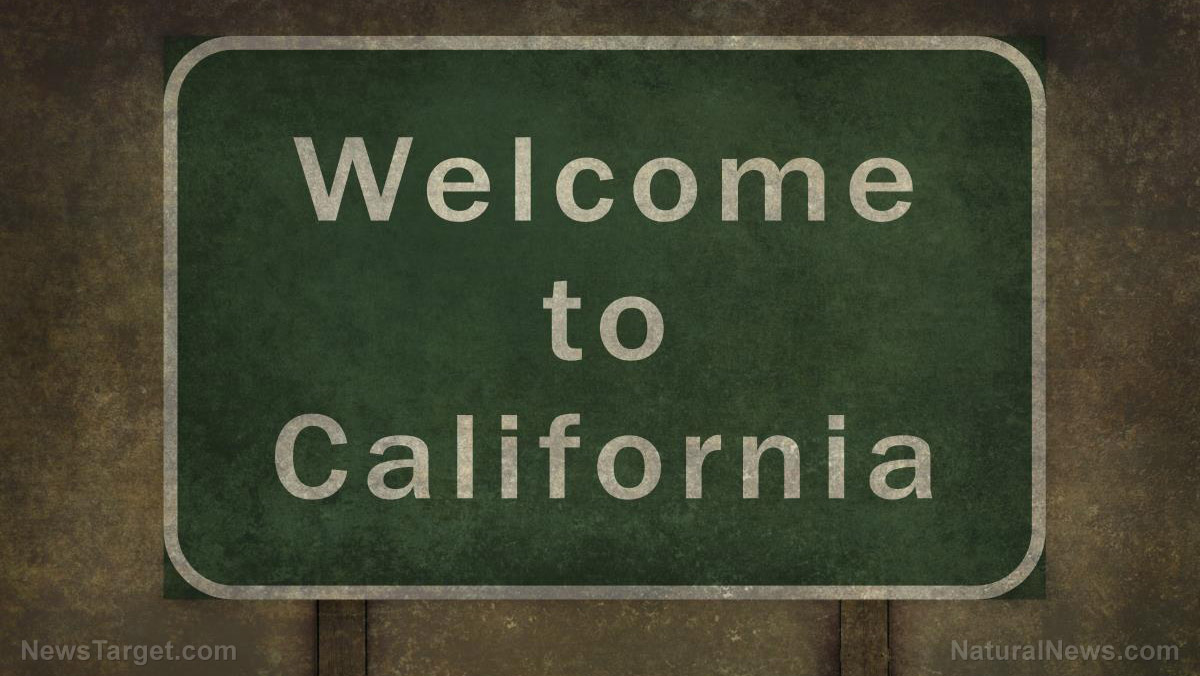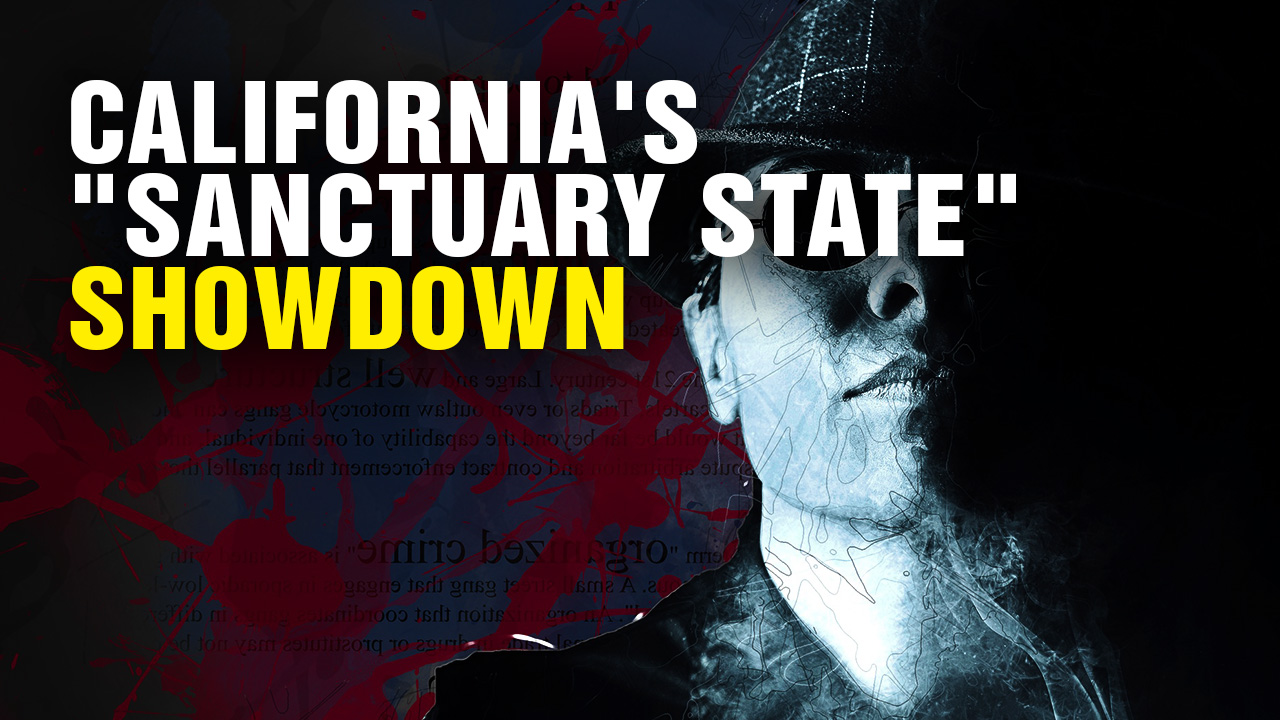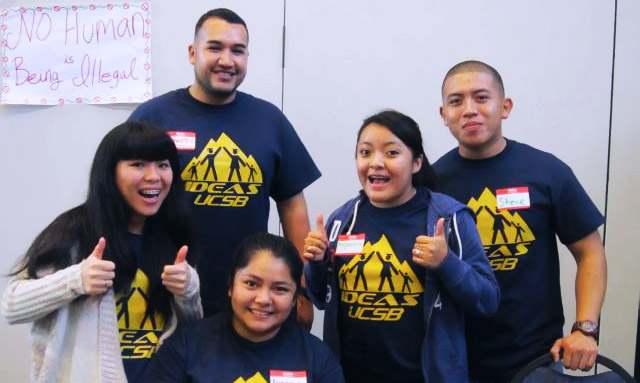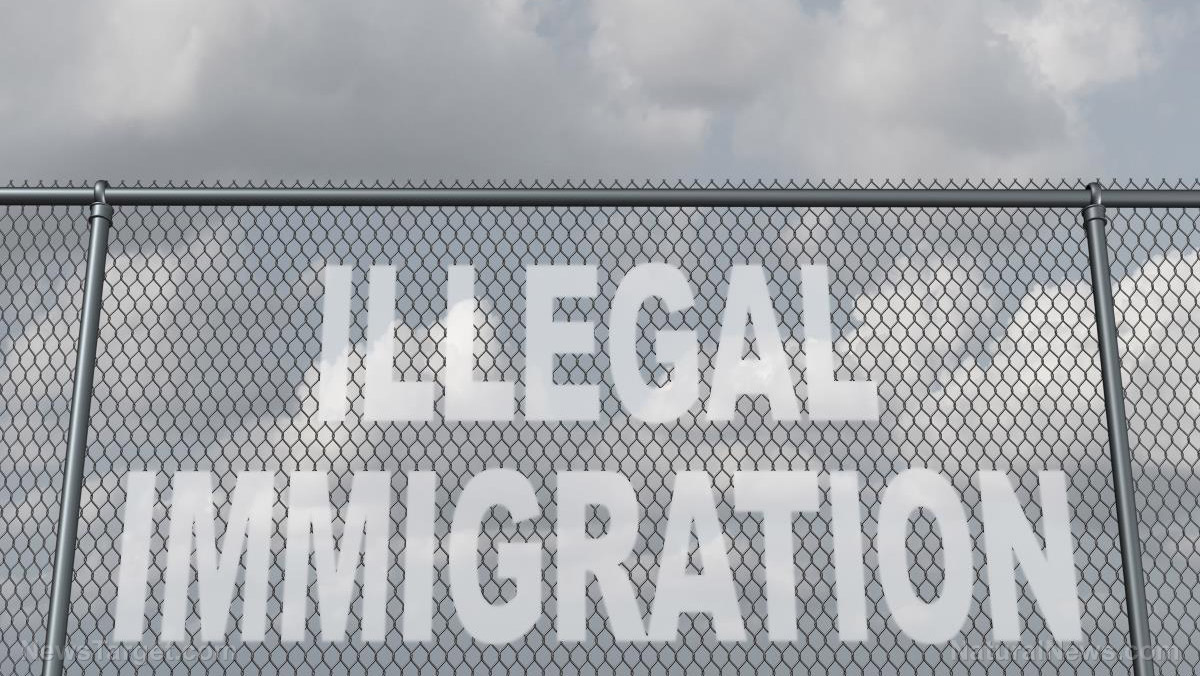Get ready because the Universal Basic Income is going to sweep the nation… and it’s not good
07/17/2017 / By Ethan Huff

The Hawaii legislature recently passed a bill to explore the concept of implementing a universal basic income, or UBI, for its residents. The purpose, as its name implies, is to offer people who are seeking job retraining or who are only able to work part-time the opportunity to maintain a basic standard of living without going into poverty. But will it work? And more importantly, who will pay for it?
Known as House Concurrent Resolution (HCR) 89, the bill tasks Hawaii with establishing a working group to focus on establishing basic economic security for the state’s residents. This means addressing the growing income gap in Hawaii, as well as the ever-increasing costs of living throughout the state that are making it more difficult for average people to survive.
The text of the legislation establishes that its goal is to simply provide social security – or a working social safety net – to cover the basic needs of every Hawaiian resident. However, its backers say it accomplishes something much different, and in a way that many people probably wouldn’t expect.
“Government is not collecting money and holding it in a trust at all,” stated Representative Chris Lee, a Democrat, and the legislator who introduced HCR. 89. “Everything is on the table,” he added, noting that the system could be funded in a variety of ways, including by expanding the earned income tax credit, for instance, or by monetizing public resources and offering new incentives for productivity.
While the generalized goals of UBI are to end poverty and homelessness, and offer hope to people who are stuck having to settle for part-time jobs that don’t pay the bills – and from an ever-dwindling pool of part-time jobs, it’s important to note – how UBI is implemented can vary in different contexts. Different experimental programs are being implemented all throughout the world, but they all seem to have one thing in common: They don’t tend to work, and are more pipe dreams than they are workable solutions.
Welfare parasite Elon Musk is all about pie in the sky UBI policies that will never work
Writing for The Independent (UK), Emran Mian described UBI as “utopian fiction that wastes public money on the rich.” The concept sounds nice, he explains, but it’s little more than idealism from Silicon Valley billionaires who don’t understand the ins and outs of economics.
People who support UBI tend to have very simplistic views of how the world works. They think a simple, conceptual idea like “give everyone an income!” are viable alternatives to the complex welfare systems already in existence that, while they’re admittedly riddled with problems, already offer options for people who are down on their luck.
Consider that billionaire welfare leech Elon Musk – the same guy who’s been sucking the government teat for years in order to sell more Tesla’s and build rocket ships to Mars – is a vocal supporter of UBI. Like many other pie in the sky dreamers, Musk thinks the idea of UBI is just swell, and yet doesn’t have a clue as to how it can be workably implemented without bankrupting a country and sending everyone into poverty.
“The worst thing about the basic income is that it is a tragic misdirection of a compassionate, egalitarian and libertarian impulse: to do something about the often counter-productive interaction of the benefits system with the world of employment,” writes John Rentoul in another chastisement of UBI published in The Independent.
“If it’s grand, universal reform of the benefits system you want, study the everlasting disaster of the Universal Credit system and devise a practical way to make that work, instead of diverting your energies into campaigning for the schemes of impractical dreamers.”
Sources for this article include:
Tagged Under: Collapse, entitlements, government handouts, government spending, universale basic income, welfare


















